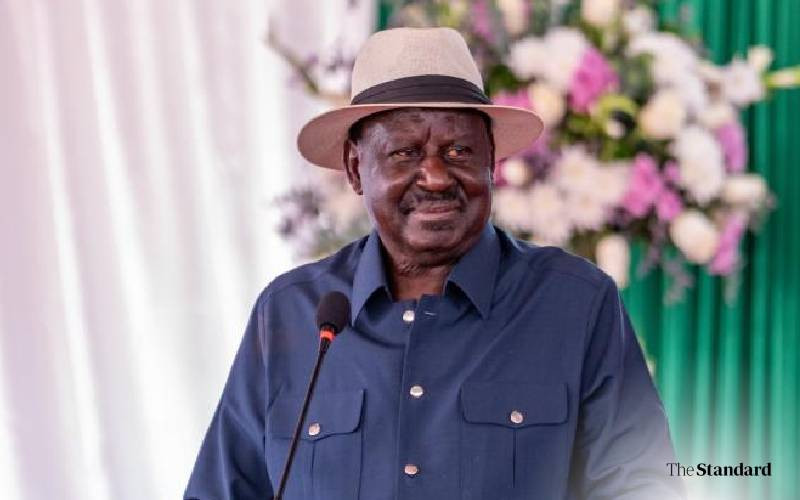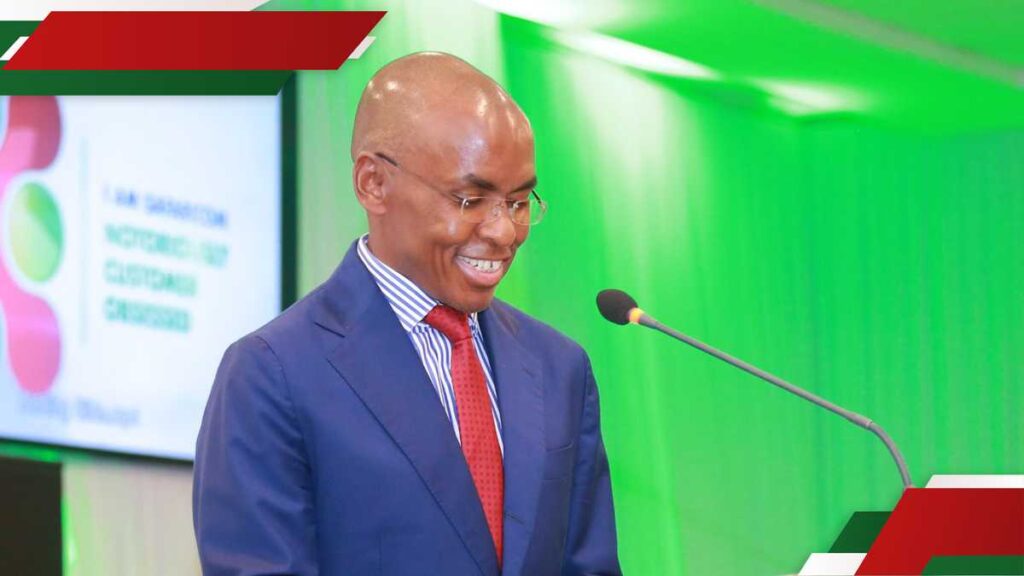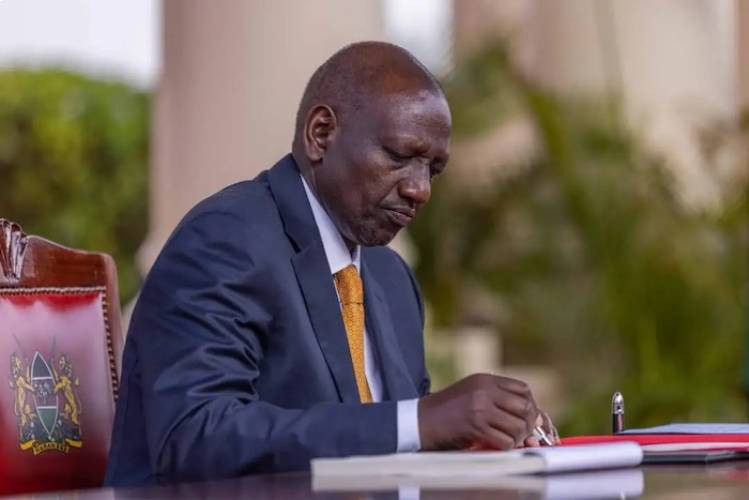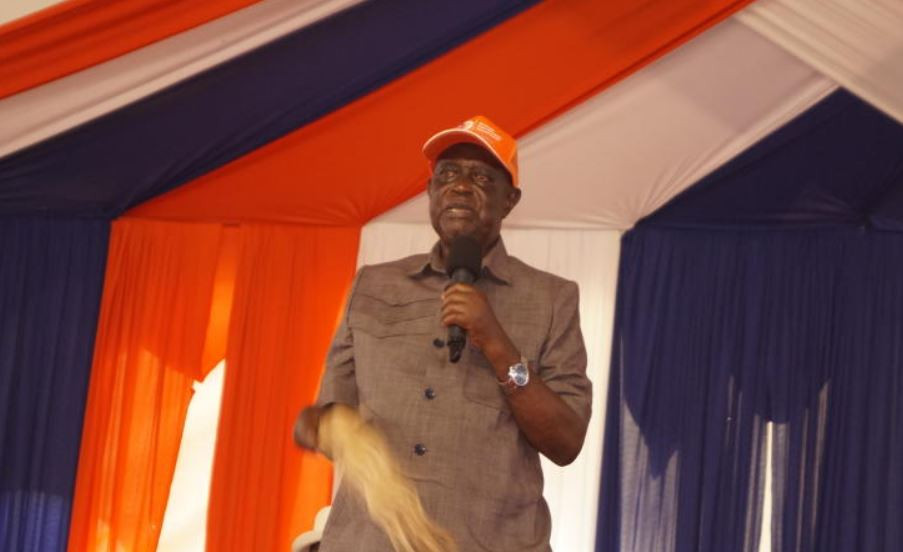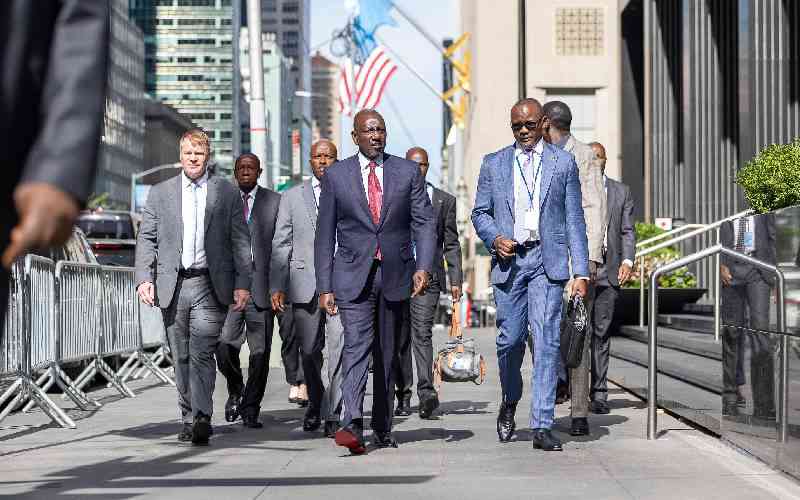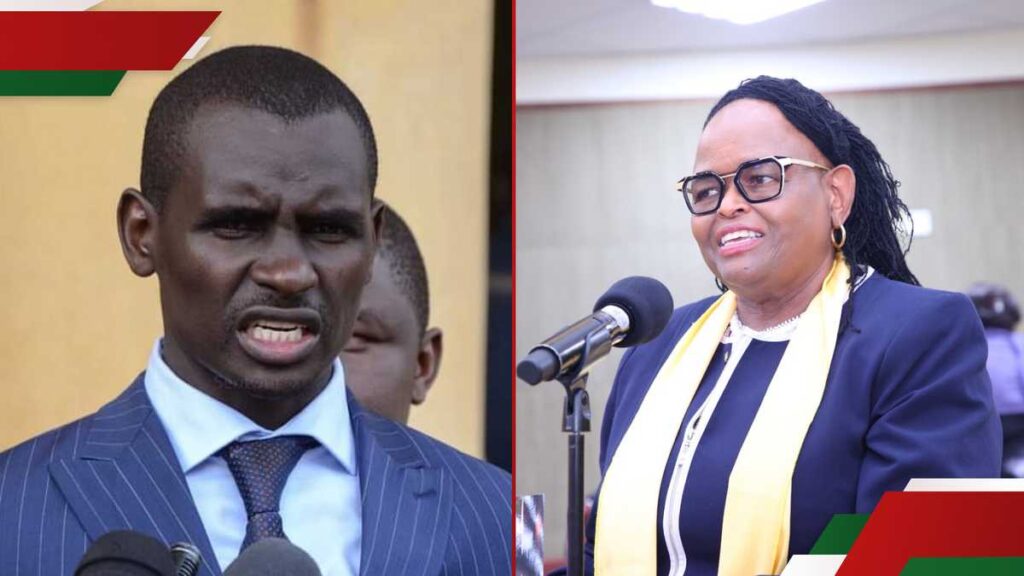The recent revelations about intelligence leaks in the US involving The Atlantic Editor-in-Chief Jeffrey Goldberg, who was added to a top-level national security signal chat where war plans were shared, has lifted the lid on the daunting task of keeping sensitive information in the right hands.
Michael Waltz, a national security adviser, inadvertently added Goldberg to the chat that reportedly included Vice President James David Vance and made the journalist privy to discussions about strikes on Houthi targets in Yemen two weeks ago.
In this case, a person who owed his country nothing in protecting sensitive information, having taken no oath of secrecy, sworn by State officials, had access to what would ordinarily be placed under lock and key.
The risk that the same is replicated in Kenya is high, especially in an era where multiple people are privy to the inner workings of the government. Former Prime Minister Raila Odinga, a stranger to the Kenya Kwanza administration, has recently seemed like a man deep within the government.
He has previously promised that his “broad-based” arrangement with President William Ruto would address challenges facing the country, a statement that sounds like a pledge by a State official about what the government would do.
Last week, Raila held talks with National Treasury Cabinet Secretary John Mbadi and Chinese ambassador Guo Haiyan, discussing bilateral relations between Kenya and China, although he clarified that he was meeting the envoy in his capacity as the leader of ODM. The presence of Mbadi, an ally of Raila, implied that the former premier held some sway in Dr Ruto’s government.
Days earlier, the opposition veteran, flattered by Ruto and Deputy President Kithure Kindiki as “prime minister”, met Mbadi and four other Cabinet Secretaries he seconded to the government – Opiyo Wandayi (Energy), Hassan Joho (Mining), Wycliffe Oparanya (Co-operatives) and Beatrice Askul (East African Community).
On his social media handles, Raila said they discussed “national and emerging issues.” He did not clarify what the consultations entailed, but observers contend that owing the former premier some loyalty, it was possible that the ministers, who swear to secrecy, would hand him access to confidential information.
“I will not divulge directly or indirectly such matters as shall come to my knowledge in the discharge of my duties and committed to my secrecy except as may be required for the due discharge of my duties as Cabinet Secretary,” the oath of office of CSs reads.
Byron Odera, a former Kenya Special Forces officer and security consultant, argued that “there was always the probability of a leak” whenever politicians are involved.
“Politicians don’t cease to be politicians because they are appointed in Cabinet. They have their individual ambitions and owe allegiance to their, for the lack of a better word, ‘puppeteers’. You expect a level of communication among them and an exchange of credible and intimate information, depending on how they think they could benefit,” said Odera.
Breaches can also occur courtesy of strangers accessing top-level meetings. In a recent interview, former Public Service Cabinet Secretary Justin Muturi red-flagged the attendance of Cabinet meetings by advisers and other orderlies.
The former Attorney General lamented that the President often disregarded his advice against persons like the President’s advisory council members, the State House’s spokesperson, Hussein Mohamed, and former UDA Secretary-General Cleophas Malala attending the meetings.
“At the beginning of this administration, an issue did arise about certain officials sitting in Cabinet, and I was asked to give an advisory. I said, ‘Look, if you read the Constitution, Article 152, the Cabinet comprises the President, the Deputy President, the Attorney-General and not more than 22 and not less than 14 Cabinet Secretaries. The only other person who is supposed to sit in Cabinet apart from the 25 is the Secretary to the Cabinet’… even the gentleman who sits as the Head of the Public Service (Felix Koskei) is not a member of the Cabinet,” said Muturi.
Stay informed. Subscribe to our newsletter
He said that their attendance could attract court petitions challenging “Cabinet decisions made in the presence of those people as unconstitutional.”
Saboti Member of Parliament Caleb Amisi, who sits in the National Assembly’s Defence and Foreign Relations Committee, argued that it was “extremely dangerous” to have persons without the necessary clearance access classified information.
“Advisers cannot be part of discussions by the National Security Council, which is established by the Constitution. The country is not safeguarded against whatever they do or whoever they meet. The President has opened up the Cabinet to be like a chief’s baraza, and sensitive information is bound to leak,” said Amisi.
Odera, the security consultant, agreed that the apparent unfettered access to State secrets could “have great implications, especially if used in the wrong way.”
“These are matters of national security that could make the country vulnerable to external attacks and hostilities,” he said, introducing the aspect that purges of State officials, such as Muturi’s sacking and former Deputy President Rigathi Gachagua’s impeachment, could lead to leaks.
“They could let out information ordinarily placed under lock and key to brew discontent among the masses against the government, and we have seen that in play,” Odera added.
Indeed, since his ouster last October, Gachagua has made sensational claims against the Head of State and revealed Cabinet discussions, which he swore as deputy president to keep concealed.








